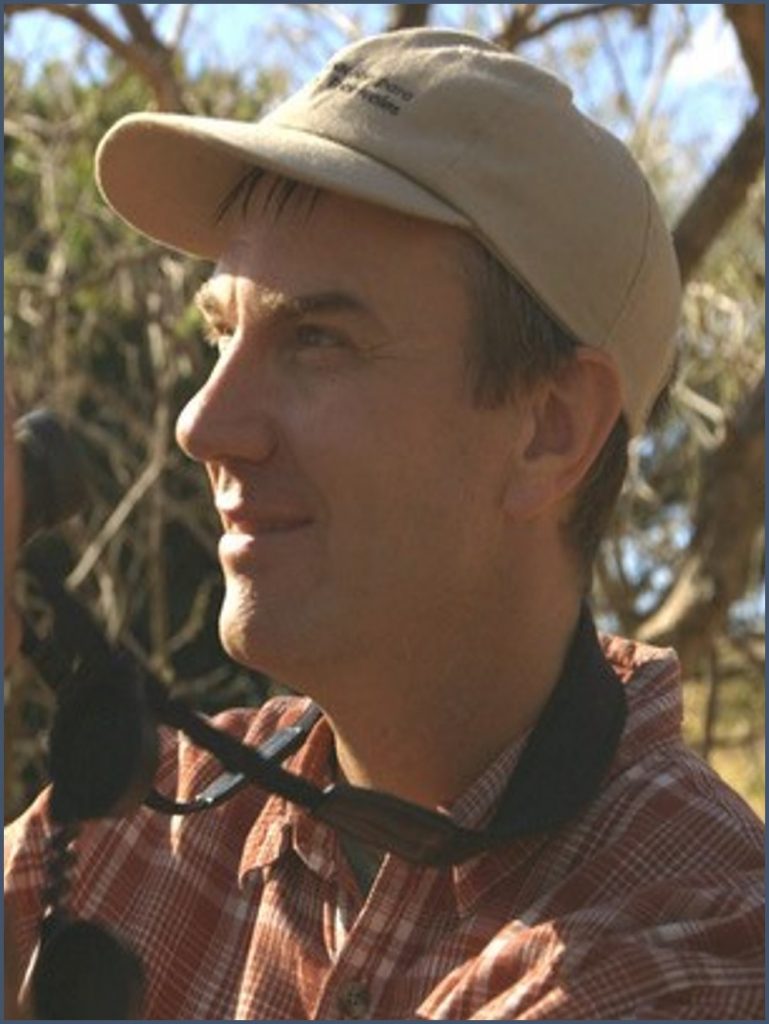Speaker Bios
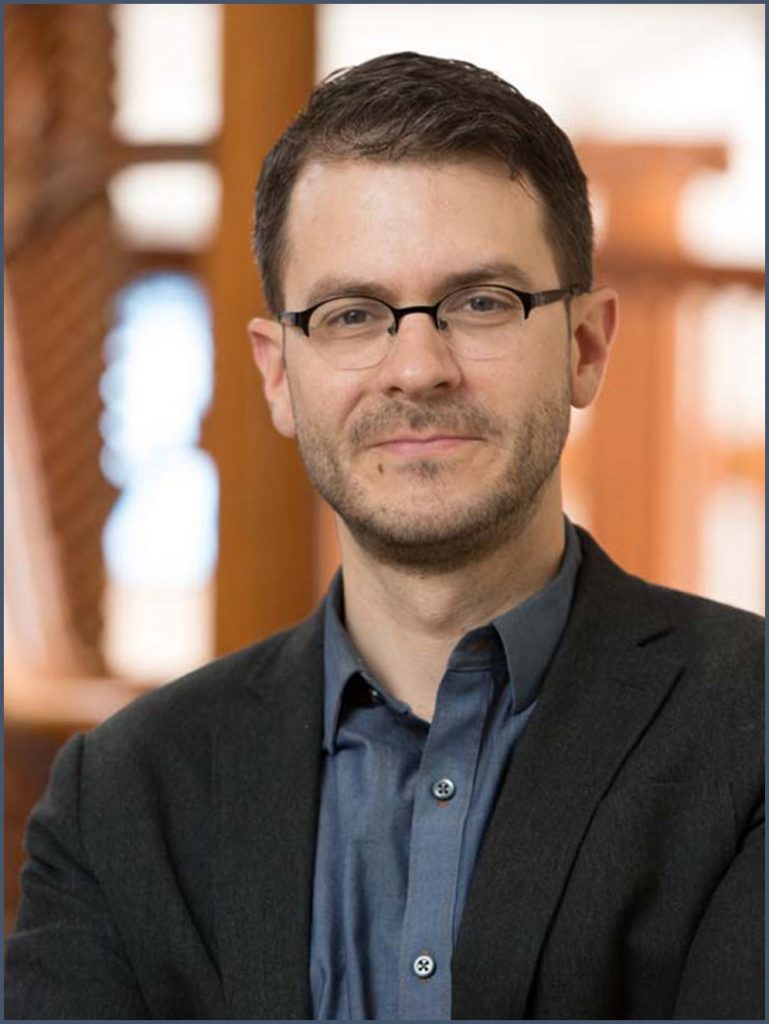
Justin Baker
Dr. Baker’s research uses both large-scale studies and deep, multilevel phenotyping approaches to understand the nature and underlying biology of mental illnesses. He is a clinical psychiatrist with expertise in schizophrenia and bipolar spectrum disorders and other disorders of emerging adulthood. In 2016, Dr. Baker co-founded the ITP, a first-of-its-kind research and development center to foster tool development and novel applications of consumer technology in psychiatric research and care delivery.
Dr. Baker’s Laboratory for Functional Neuroimaging and Bioinformatics conducts research to understand the nature and underlying biology of mental illnesses, particularly lifelong conditions such as schizophrenia and bipolar disorder. The goal of this work is to develop more effective strategies to both monitor the course of illness and intervene in creative ways to improve the lives of individuals struggling with these conditions. A central focus of the Baker lab is to understand how the architecture of the human brain changes as a function of psychiatric illness. Historically, most research on the biological origins of psychiatric illness has focused on individual diagnostic categories studied in isolation. Mounting evidence indicates that nominally distinct psychiatric diagnoses are not separated by clear neurobiological boundaries. The lab uses multiple behavioral, neuroimaging, and computational approaches to experimentally disentangle how changes in human brain network function and organization ultimately give rise to changes in behavior.
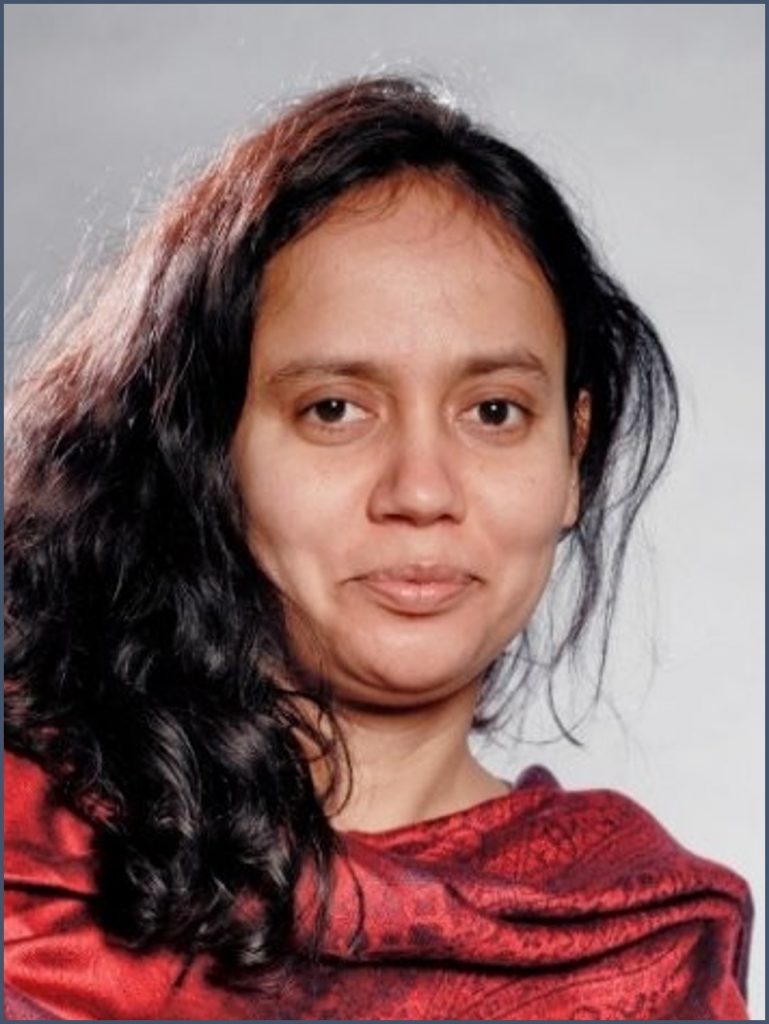
Raji Baskaran
Raji has 15+ years of leadership experience at Intel Corporation spanning a diverse set of technologies (including silicon R&D, supply chain management and engineering, wearable technologies, and AI/NLP enterprise products). She has authored dozens of research publications, has 35+ patents under her name, and is frequently a speaker and panelist at a host of industry events. In 2017, Raji was elected into the “Hall of Fame” by SEMI, MEMS and Sensors Industry Groups.
Beyond this, Raji is also an affiliate Professor at the University of Washington, Seattle. She has her Ph.D. from the University of California Santa Barbara, a Masters from Cornell and Bachelors from Indian Institute of Technology, Madras. Raji is currently a Venture Partner with a NY-based seed fund (Social Impact Capital), and advisor at Silicon Catalyst, an SF-based hardware accelerator. She is a technology and strategy consultant to international IoT and AI chip design companies, and regularly performs venture capital/investor due diligence and advisory services in IoT, MEMS, and Semiconductor markets
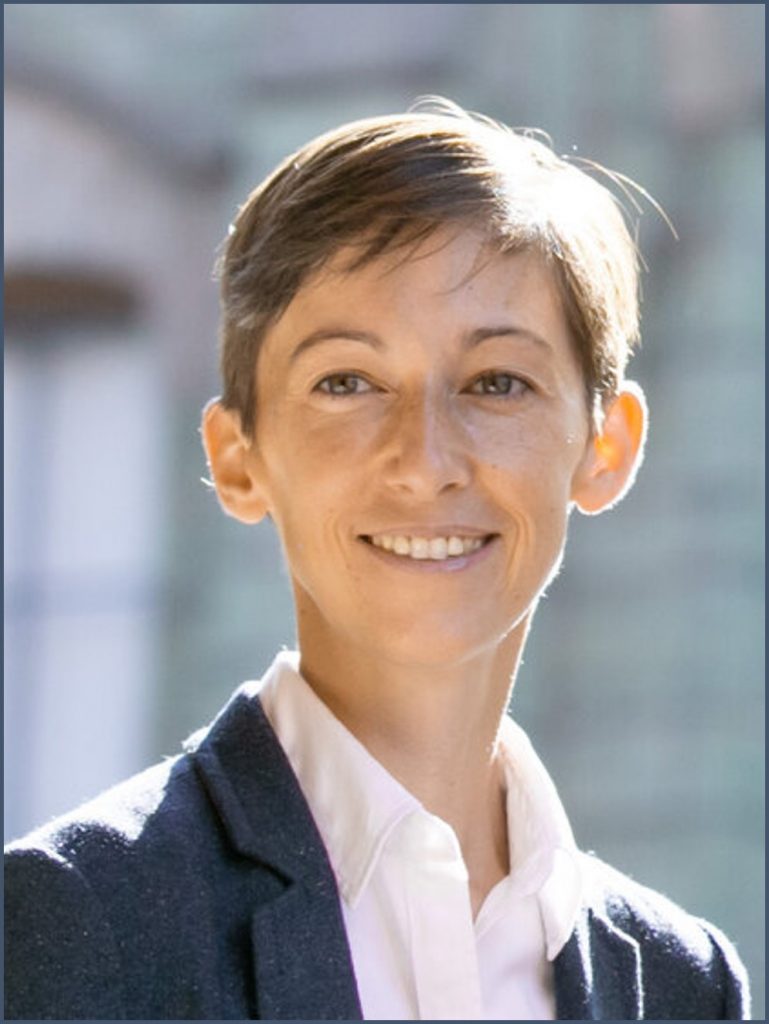
Dani Bassett
Professor Dani S. Bassett’s group studies the structure and function of networks, predominantly in physical and biological systems. Bassett’s interests lie in using and developing tools and theories from complex systems science, statistical mechanics, and applied mathematics to study dynamic changes in network architecture, the interaction between topological properties of networks and physical or other constraints, and the influence of network topology on signal propagation (mechanical, electrical, informational) and system function. In physical systems, their group conducts research in dynamical systems as well as granular and particulate matter, and recent studies have considered synchronization dynamics in Kuramoto oscillators, force chain network structure in granular matter, reconfiguration of force chains under compression, and acoustic transmission through force chains. In biological systems, their group conducts research in brain connectivity and human behavior. Among other things in this area, their group has investigated collective dynamics in human behavior, how humans learn graphs of related concepts, how brain connectivity reflects cognitive capacities and changes during adolescent development, and how brain connectivity is altered in neurological disease (such as epilepsy and Alzheimer’s) and disorders of mental health (such as schizophrenia and autism); these studies touch on applied algebraic topology, network control theory, maximum entropy models, multilayer networks, multiplex networks, temporal networks, and annotated graphs.

Gordon Berman
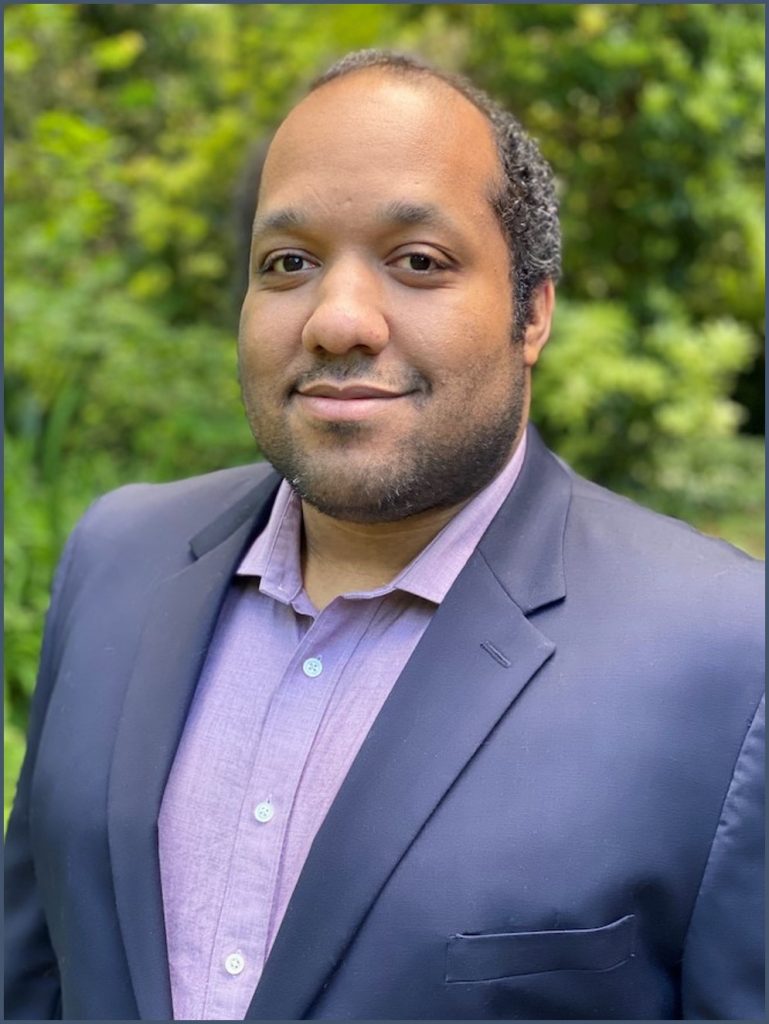
Timothy Brown
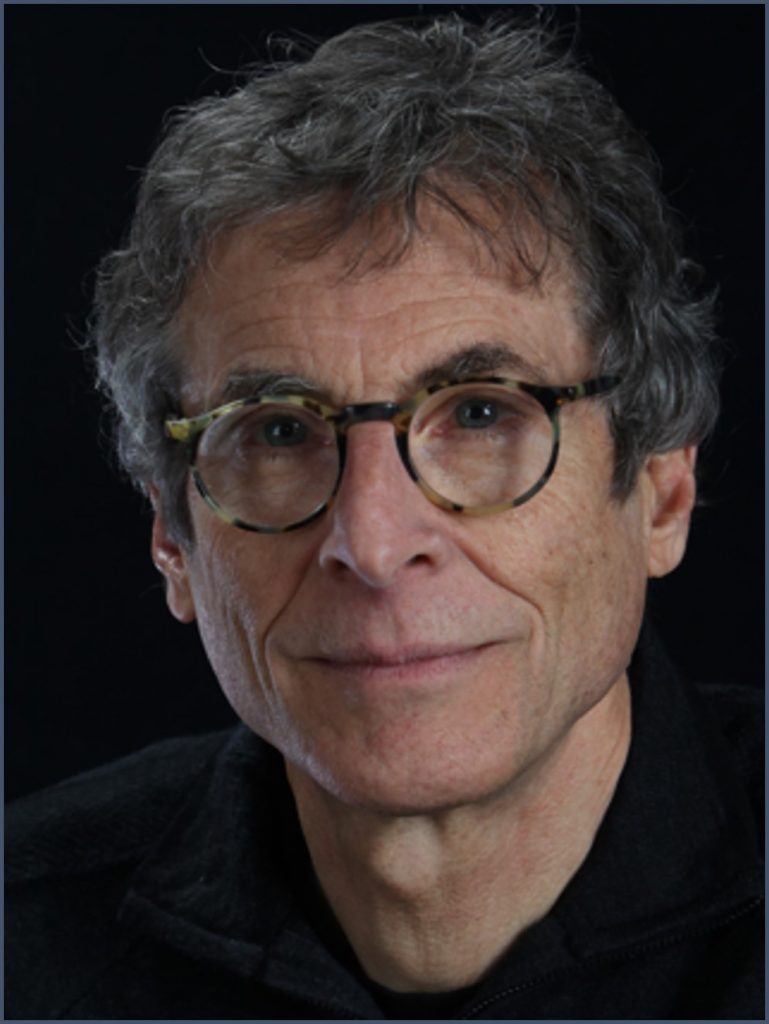
Jeffrey Cohn

Iain Couzin

Molly Cummings
Molly Cummings an Evolutionary Biology Professor with a research focus on how social interactions arising from sexual selection shape the development of cognition and behavior. Cummings has a broad background in animal behavior, sensory ecology, sexual selection and neuroethology. As a PI on several NSF-funded grants, she identified the brain genomic pathways activated during female mate choice decisions and how these differ based on interactions with males of different mating strategies. Cummings combines neurogenomics with behavioral experimentation using a comparative approach with livebearing poecilid fishes to identify candidate genes and brain regions involved in coordinating female mate preference and aversion decisions. Cummings’ research implicates a role of synaptic plasticity and learning pathway engagement during courtship encounters, with these same pathways being inhibited during interactions with coercive males. Her lab is currently conducting a social rearing experiment with swordtail fish to test the influence of social complexity and sexual conflict on the development of the brain, behavior and a range of cognitive traits.
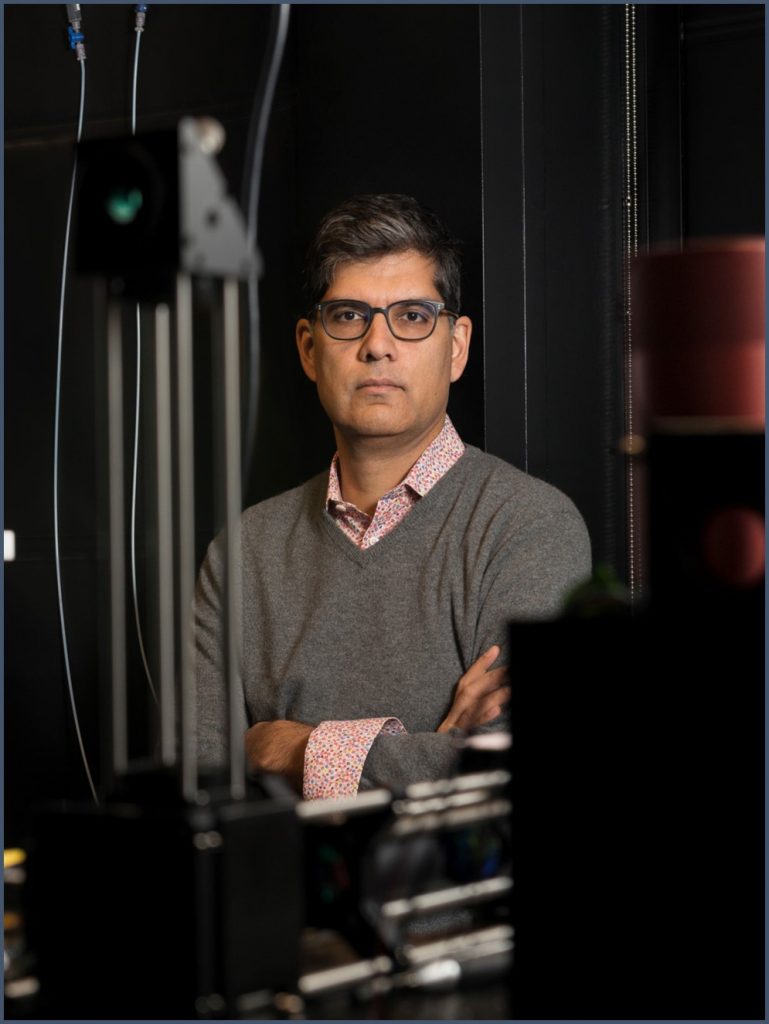
Bob Datta

Nita Farahany
Farahany is a frequent commentator for national media and radio shows. She presents her work to diverse audiences including the World Economic Forum, Aspen Ideas Festival, TED, Judicial Conferences for the US Court of Appeals, the American Association for the Advancement of Science, National Academies of Science Workshops, the American Society for Political and Legal Philosophy, and by testifying before Congress.
In 2010, she was appointed by President Obama to the Presidential Commission for the Study of Bioethical Issues and served until 2017. She is a member of the National Advisory Council for the National Institute for Neurological Disease and Stroke, an elected member of the American Law Institute, President-Elect and Board member of the International Neuroethics Society, a member of the Neuroethics Working Group of the US Brain Initiative, the Global Precision Medicine Council for the World Economic Forum, and the President’s Research Council for the Canadian Institute for Advanced Research. She is also the Chair Elect of the Section on Jurisprudence for the Association of American Law Schools. She serves on Scientific and Ethics Advisory Boards for several corporations.
Farahany is a co-editor-in-chief and co-founder of the Journal of Law and the Biosciences, an editorial board member of the American Journal of Bioethics (Neuroscience), and on the Board of Advisors for Scientific American. She is also the past Chair of the Criminal Justice Section of the American Association of Law Schools, and the recipient of the 2013 Paul M. Bator award given annually to an outstanding legal academic under 40.
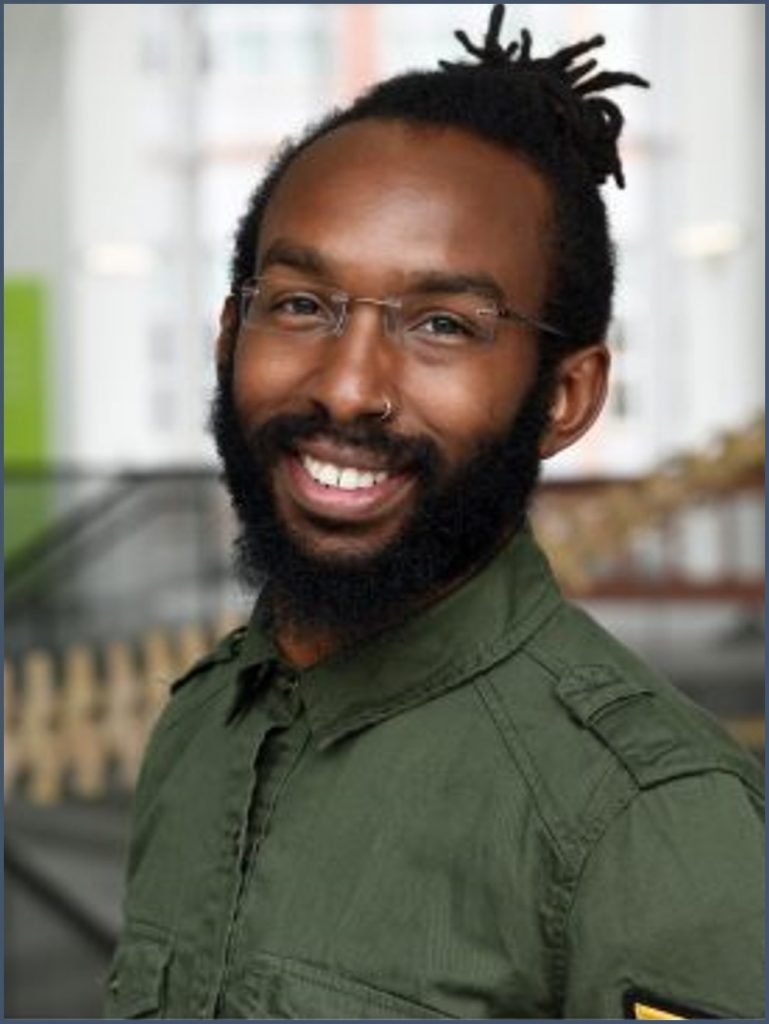
D. André Green II

Peter Hartwell

Benjamin Hayden

Scott Linderman

Malcolm MacIver

Mala Murthy
Prof. Murthy grew up in Texas and received her B.S. in Biology from MIT. She was a Burchards scholar in the humanities and won the John L. Asinari prize for outstanding undergraduate research in the life sciences. She then received her PhD in Neuroscience from Stanford University, working with Thomas Schwarz and Richard Scheller – her thesis research centered on mechanisms of vesicle trafficking to synaptic and other cell membranes. She did postdoctoral work in systems neuroscience with Gilles Laurent at Caltech, as a Helen Hay Whitney fellow. Her postdoctoral work initiated a new area of investigation into stereotypy in the central brain of Drosophila, in a region of the brain important for learning in memory. In 2010, she joined the faculty at Princeton University in the Departments of Molecular Biology and Neuroscience. She was promoted to Associate Professor in 2016 and to Full Professor in 2019.
Prof. Murthy has received a number of honors, including an NSF CAREER award, an NIH New Innovator award, an Alfred P. Sloan fellowship, a Klingenstein fellowship, a McKnight Scholar award, an NINDS Research Program award, several awards through the NIH BRAIN Initiative, an HHMI Faculty Scholar award, and a Simons Foundation Investigator award. She has participated in several events for the BRAIN Initiative at the White House and US Capitol. In 2021, she will join the Multi-Council Working Group that oversees the long-term scientific vision of the BRAIN Initiative.
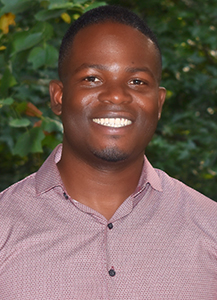
Mosadoluwa Obatusin

Bence Olveczky
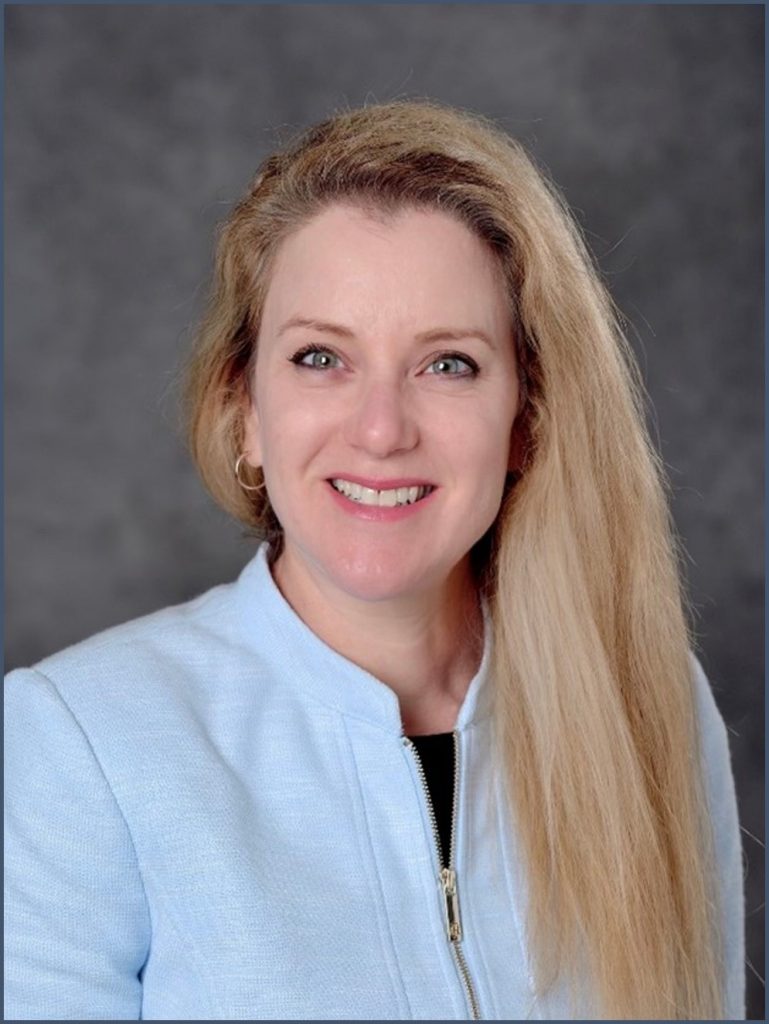
Galit Pelled
Galit Pelled Professor of Mechanical engineering, Radiology and Neuroscience at Michigan State University. She was recruited to MSU 4 years ago from Johns Hopkins School of Medicine and Kennedy Krieger Institute in Baltimore to direct the new Neuroengineering division. Her research focuses on developing and leveraging transformative technologies for enhancing neuro-performance. Through holistic and multidisciplinary approaches her lab works toward developing marine-inspired technologies for artificial sensing and adaptive-prosthetics; restoring sensory-motor performance after traumatic brain injury (TBI) and peripheral nerve injury; and improving athletic performance and cognitive capabilities by using genetic-based neuromodulation and non-invasive brain stimulation. Over the past decade Pelled has trained 35 undergraduate, graduate students and postdoc fellows. Her past trainees are currently tenure track faculty and fellows in leading academic institutes. On top of her scientific interests and teaching commitments, she works passionately on developing programs at the institutional and the state levels for increasing inclusion and diversity in STEM fields.

Nicole Provenza

Karen Rommelfanger
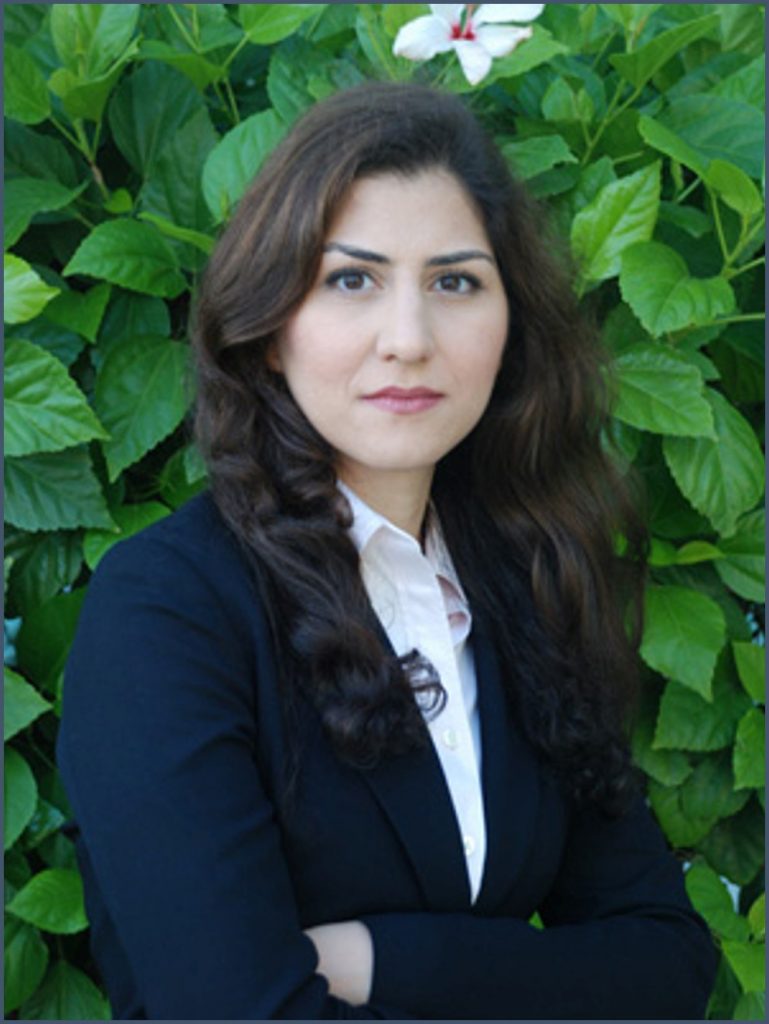
Maryam Shanechi

Nanthia Suthana
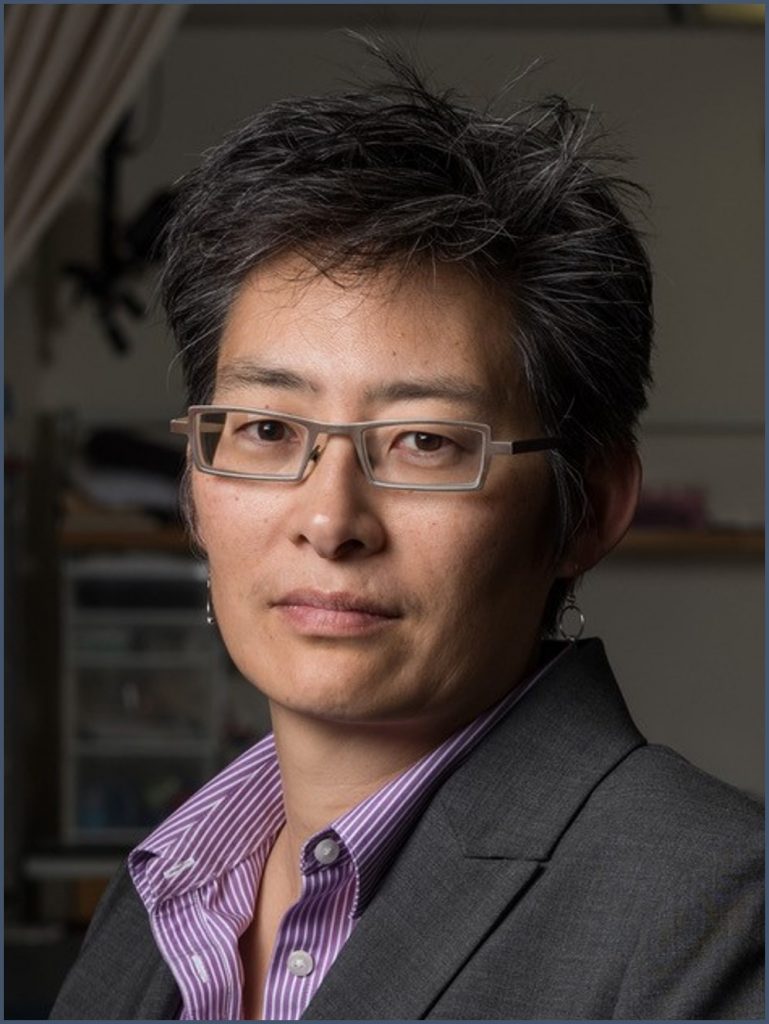
Lena Ting

Allison Waters
